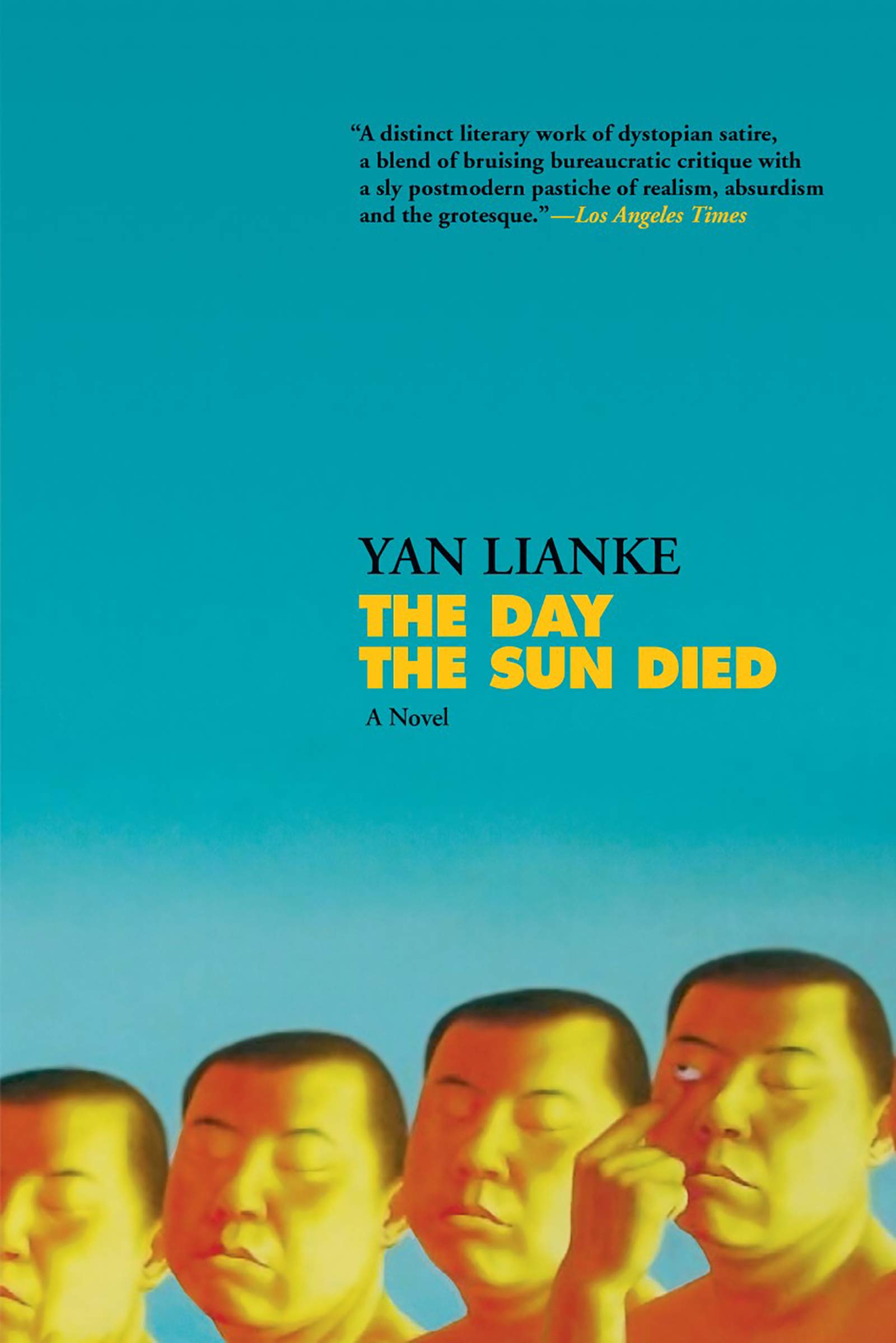The text centers around a young man, a child maybe, a simpleton, who grows up the son of people who run a funeral accessories store. At one time, his father worked with his brother-in-law in the crematorium business. His job was to inform on people who bury their dead relatives, as the law no longer allows that due to a shortage of land. There was much money in it, but eventually, the father felt too much shame in informing on his neighbors, so he gave it up. His brother-in-law, by contrast, makes good money, burning up bodies. What's left, often, is a bit of oil, much like grease is left when one cooks ground beef. (I'd never thought of that aspect of crematory work.) This oil, he sells for a nice sum. The father decides to buy that oil at an inflated price, as long as the price always remains the same, in part to make up for his once having been an informer. He does nothing with the oil—simply stores it. You know that oil is going to play a role somewhere later in the story, and it certainly does.
The story itself focuses on one long night, when various atmospheric forces block out the sun and result in people falling very easily to sleep. Pandemonium ensues, as people live out their dreams—often killing themselves or others. Others stay awake and take advantage of the situation. This part makes little sense to me, since we don't all start committing crimes because folks are sleepwalking or asleep. Otherwise, every night would be scary indeed. Nevertheless, looting and riots follow.
With no sign of the night ending and fights become more intense, the boy's family tries to come up with a plan to bring back the sun and wake people up.
Perhaps the strangest element of the plot is the author's own namesake taking part in the novel. The boy is a big fan of the author's novels, and were I more of a reader of Yan Lianke, I would know whether the plots, quotes, and titles cited are real or just made up. Nevertheless, the author is there in the town, sleepwalking among the inhabitants—and eventually gathering notes for the novel.






